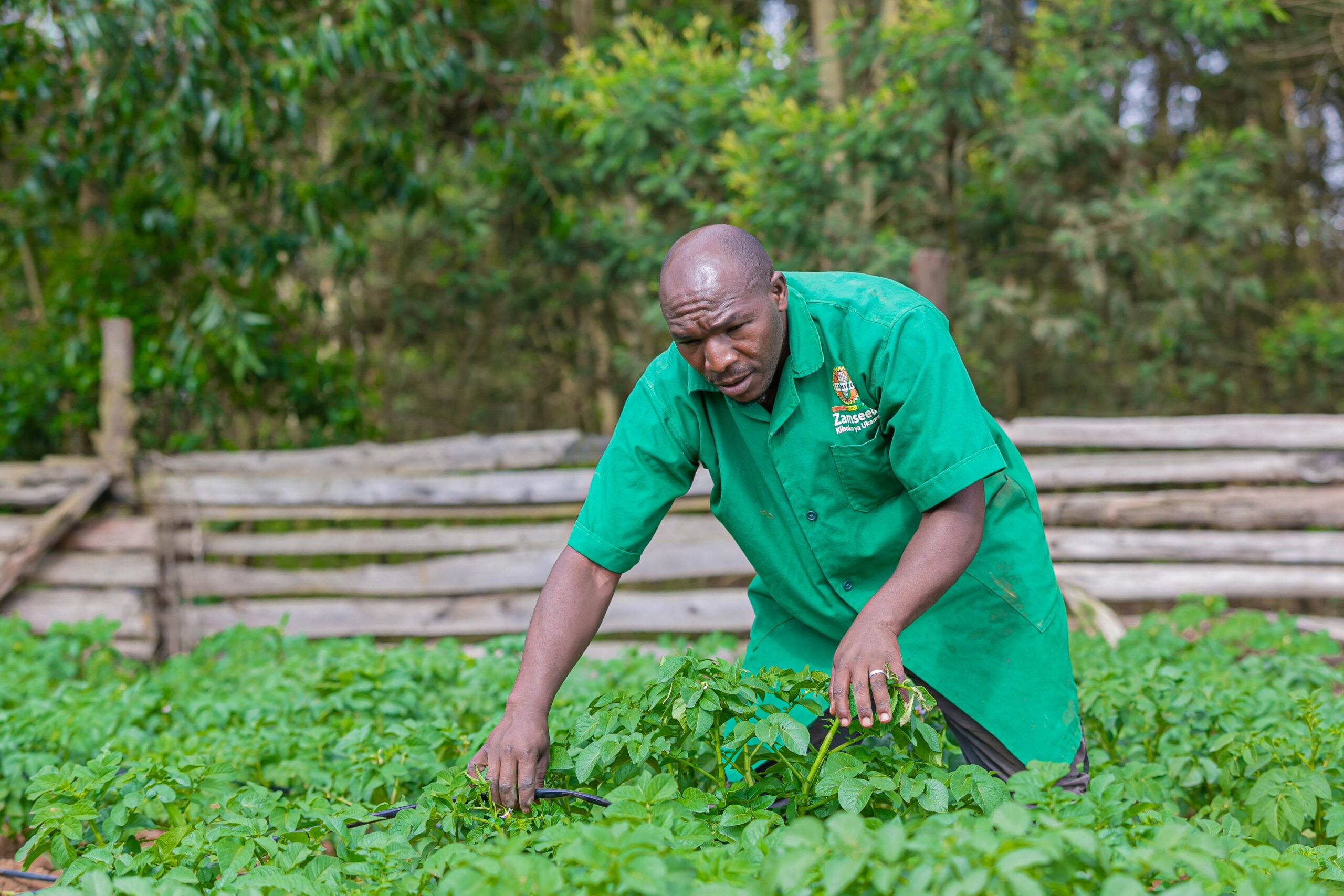In a world increasingly dominated by mass-produced, chemically treated crops, one South African entrepreneur is working to revive the traditions of indigenous farming. Siphiwe Sithole, founder of African Marmalade, has dedicated her life to promoting indigenous crops grown by smallholder farmers, improving nutrition, and fostering a culture of food abundance. Her journey began in 2015, inspired by nostalgia for the wholesome, fresh produce of her childhood in Mpumalanga’s rural Lowveld. Raised by her great-grandmother and grandmother, Sithole grew up eating indigenous leafy greens, legumes like Bambara beans, and African pumpkins. Years later, while working in Cape Town’s corporate sector, she found herself craving the nutritious meals she once enjoyed—food that was scarce in mainstream markets.
Also Read: Resilient Farming in Gairo Morogoro: Harnessing Nature for Climate-Smart Agriculture
Sithole’s business model blends traditional farming wisdom with modern opportunities. She draws on indigenous knowledge systems, where farmers worked with nature—harvesting rainwater, planting region-appropriate crops, integrating livestock, and preserving seeds for future harvests. Her goal is to elevate farmers from subsistence to premium markets, creating sustainable livelihoods while restoring forgotten food culture. Among the treasures she promotes are African pumpkin leaves, rich in iron and beneficial for breastfeeding mothers, along with ancient grains like sorghum and millet, which are drought-tolerant and highly nutritious. Her “indigenous basket” also includes morogo (wild leafy greens), legumes such as cowpeas, pigeon peas, and the versatile Bambara bean—an environmentally friendly alternative to imported chickpeas.
For Sithole, the push for indigenous food is not just about agriculture; it’s about health, identity, and sustainability. She laments the shift towards processed snacks and nutrient-poor convenience foods, pointing out that indigenous vegetables often surpass commercial crops in nutritional value. Studies by the Agricultural Research Council have confirmed this, showing higher iron, calcium, and vitamin A content in certain morogo species compared to spinach or kale. To raise awareness, she collaborates with chefs, caterers, restaurants, and niche stockists aligned with the slow food movement, creating stylish yet authentic African cuisine experiences.

Central to her mission is seed preservation. Sithole operates a seed bank, distributing seeds to farmers nationwide and ensuring resilience through regional diversity. If one area experiences crop failure, another can supply seeds to maintain continuity. She recalls the vibrant abundance of her childhood—snacking on guavas, avocadoes, and berries picked on the walk home from school—and contrasts it with today’s scarcity mindset. Her dream is to see food gardens in urban homes, housing complexes, and public spaces, transforming communities into hubs of nutrition, social connection, and economic opportunity.
Sithole also highlights the historical role of women as Africa’s primary crop producers. She encourages women to embrace their influence over household nutrition and to take pride in growing or sourcing healthy food. Through her seed-sharing collective, she has fostered a network of growers who exchange seeds, ensuring food sovereignty and production sustainability. “Whoever controls the seeds dictates what you eat,” she says, underscoring her belief that seed ownership is key to community empowerment.
With African Marmalade, Siphiwe Sithole is not just selling food—she’s reviving a culture of abundance, reconnecting people to their heritage, and empowering farmers to thrive in harmony with the land.
Phone Siphiwe Sithole on 072 232 1174, or email africanmarmaladefarms@gmail.com.”